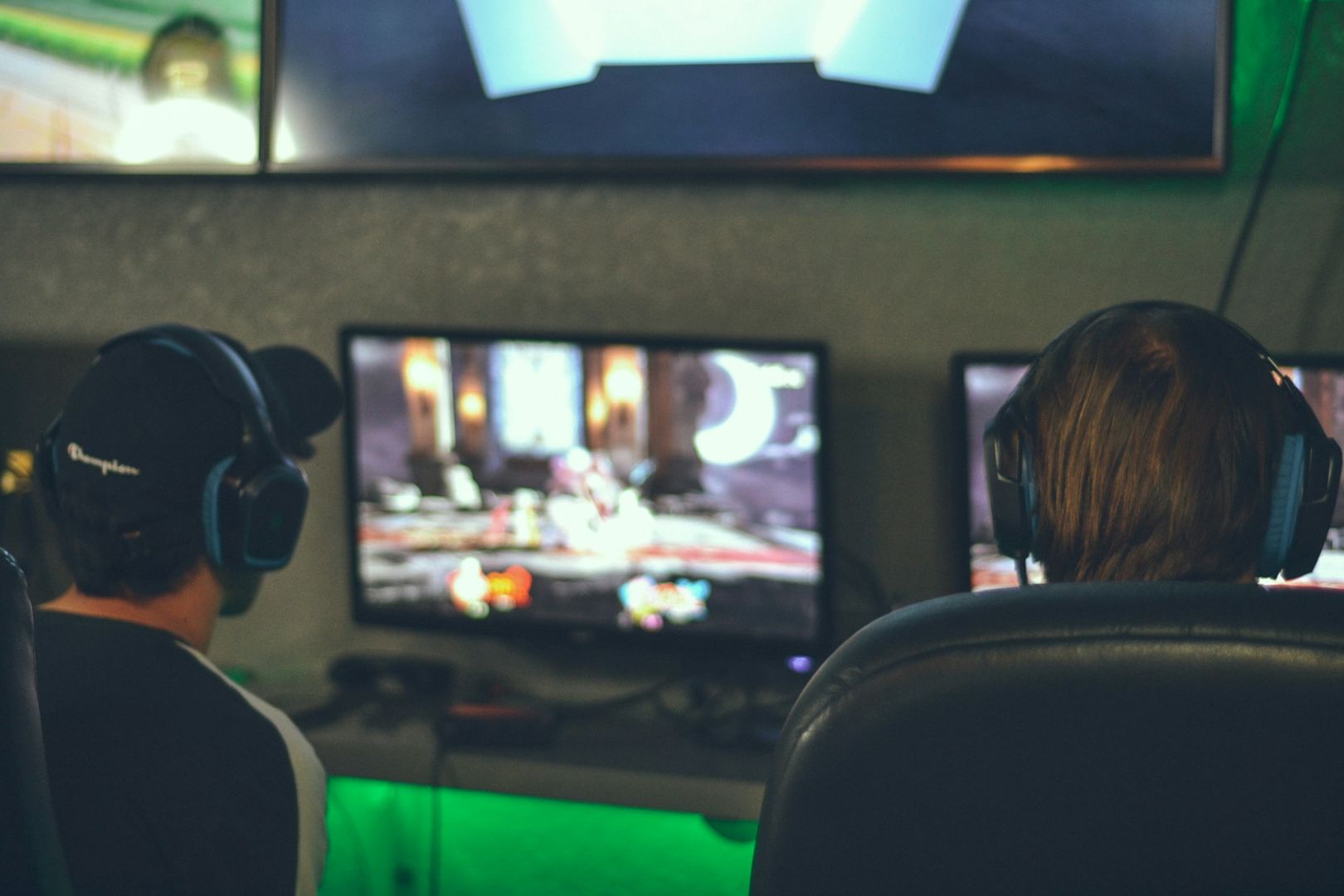GameFi Tokens Stage Comeback as Gala Games Teams Up with White House

GameFi tokens are shaking off the crypto winter blues—Gala Games just inked a deal with the Biden administration, sending speculative capital scrambling back into play-to-earn assets. Because nothing revitalizes a sector like political endorsement and the sweet scent of regulatory capture.
Pump-and-dump mechanics? Still there. Tokenomics? Questionable as ever. But when the White House winks at blockchain gaming, even degens pause their shitcoin rotations.
Watch for leveraged longs piling into metaverse adjacent tokens—because in crypto, the fastest way to resurrect a narrative is to drape it in bureaucratic legitimacy.
User engagement
The effort aimed to introduce blockchain to families without overwhelming them.
The game, hosted at easter.gala.games, offered a "free and simple" experience where players collected virtual eggs to win unique non-fungible tokens (NFTs) stored on GalaChain, Gala’s proprietary Layer 1 blockchain, the company said in an announcement shared with CoinDesk.
Players were able to log in, explore, and collect eggs without needing a crypto wallet experience, Gala Games said. Every NFT reward was stored on GalaChain, hinting at future use across Gala’s entertainment projects, including Gala Music and Gala Film.
The Web3 gaming firm told CoinDesk that over 300,000 games have been played since the event launched, with about 100,000 new accounts created. Roughly 17% of participants went on to explore Gala’s other projects, suggesting real user engagement beyond the Easter event.
The project, founded in 2019 by Zynga co-founder Eric Schiermeyer, has been laying the groundwork for broader adoption through partnerships with DreamWorks Animation, NBCUniversal, and collaborations with artists like Snoop Dogg. Earlier this month, Gala Film announced a partnership with LG Electronics to bring Web3 entertainment to TVs, and the company hinted it is working with a government agency on transparency efforts.
Industry reaction
The Easter game marks a real-world test for the project and the broader GameFi sector.
When asked about the lead-up to the event, Schiermeyer shared that the project has been focusing on the high-level tie-up. "We have a team dedicated to government outreach," they said. "I also spent time at Mar-a-Lago and spoke with the President. But mainly we wanted to help make the event more fun, and I think that sentiment was well received."
Industry reactions were mixed. Some praised the visibility, while others pointed out that more work is needed for the mass adoption of the GameFi industry.
Jack O’Holleran, CEO of SKALE Labs, told CoinDesk that GameFi has never stopped expanding, but its issue has been visibility instead. The technology, on top of that, has matured. "In the past, you needed to manage your own crypto wallets and pay high gas fees just to play," he said. "Now, gas-free blockchains and seamless onboarding remove those barriers."
“Functional values and utility that blockchain brings to gaming cannot be suppressed for much longer," he added.
Still, a broader adoption of the GameFi sector will require further meaningful collaboration with mainstream gaming outlets. This could potentially open the “floodgates," O’Holleran added, as player bases for the traditional gaming sector are far beyond the crypto sector’s user count. If so, the “floodgates will be open.”
Meanwhile, Mitja Goroshevsky, co-founder of Gosh, praised the visibility of Gala Games and the GameFi sector via the White House tie-up but warned that the industry must still solve its identity crisis.
"It’s caught between being about gaming and being about trading," he said.
"Until blockchain games introduce fundamentally new experiences, government partnerships alone won’t drive mass adoption."

